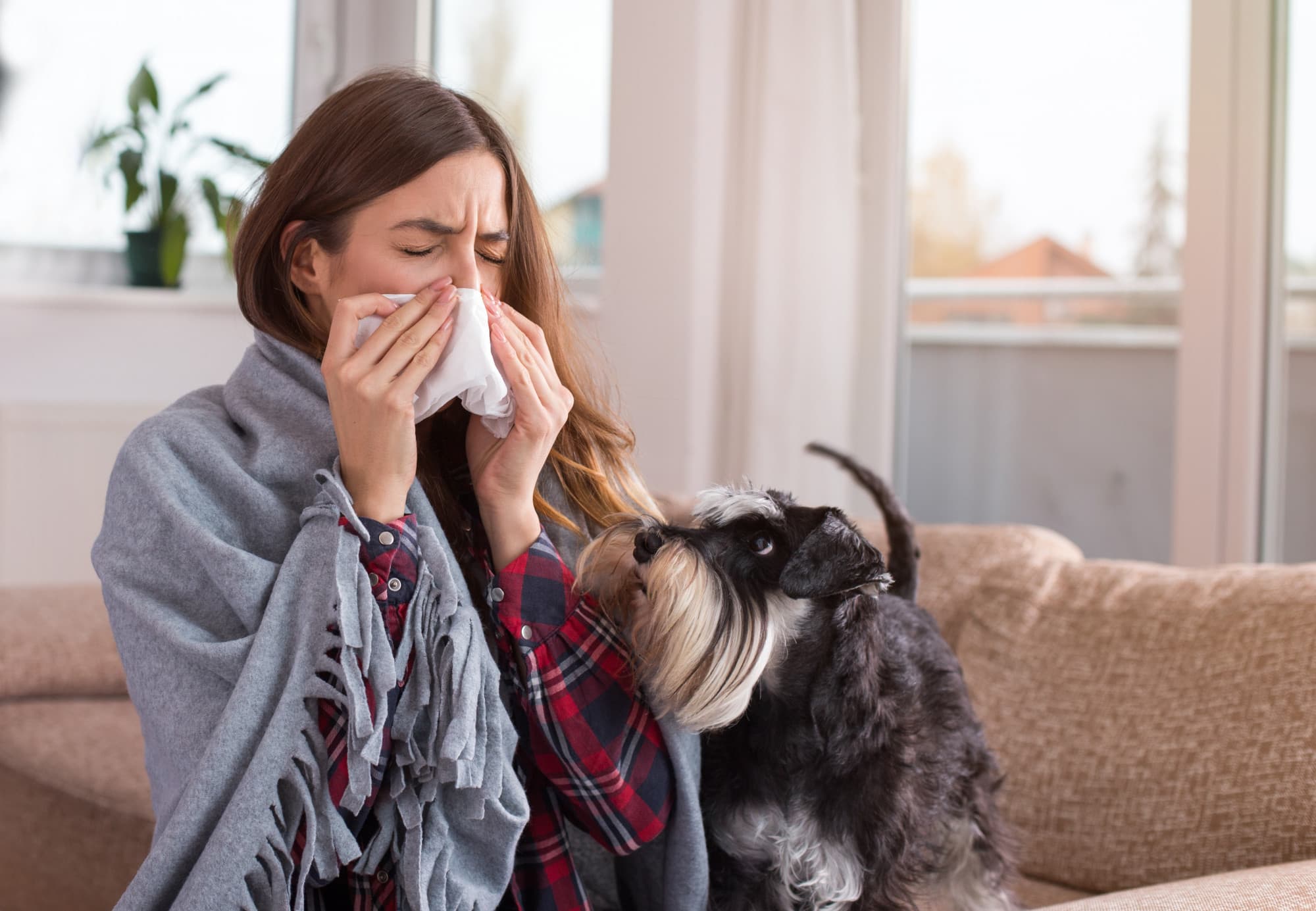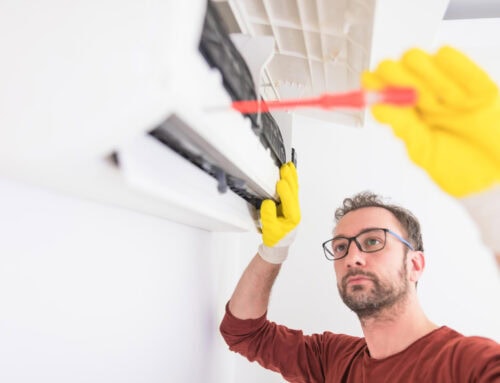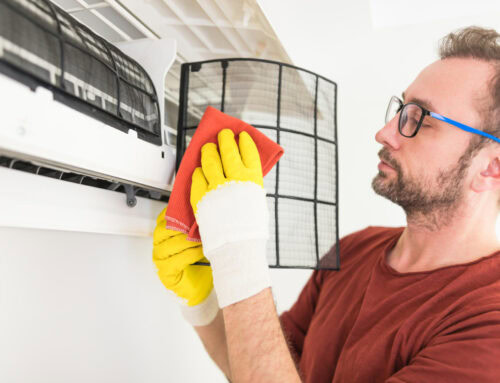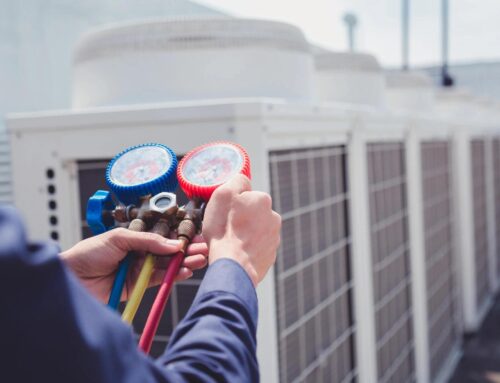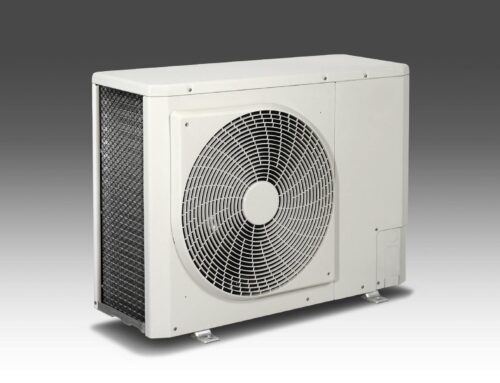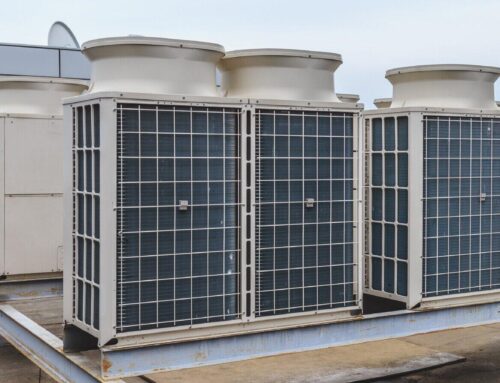The air in the U.S. has become cleaner, but 119.6 million people are still at risk of high pollution levels. These individuals live in areas with unhealthy ozone and particle pollution levels.
Even more concerning is that pollutant levels can be worse indoors than outdoors. They can be 2 to 5 times, sometimes even 100 times higher than outdoor levels.
Fortunately, there are several ways to improve indoor air quality. This guide discusses the best ones in more detail, so read on.
Clean Your Home
Home cleaning promotes healthier air since it helps reduce air pollutants. It also makes your home less attractive to pests that can bring air quality down due to their excrement.
So, sweep, mop the floors, and vacuum carpets and upholstery at least once weekly. Consider following the same frequency when washing bedding, drapes, and rugs. If you have pets, aim to do these at least twice weekly.
Keep trash cans well-sealed, remove clutter, and never leave dirty dishes in the sink. Otherwise, they will attract pests like flies, ants, and rodents.
Replace or Wash Dirty HVAC Filters
The primary role of HVAC filters is to keep as much dust, dirt, dander, and debris from getting into the HVAC system. This helps keep your home heater and air conditioner efficient and performing well. And by trapping such pollutants, they can also help maintain optimal home air quality.
Because of their role, HVAC filters can get clogged with filth over time. If you don’t replace or wash them, they can lead to HVAC damage, higher energy bills, and lower indoor air quality.
So to keep breathing fresh air at home, replace or wash your filters regularly. Depending on their type, you may have to do this every 30, 45, or 90 days. If you have high-end media filters, you may only have to switch or clean them every 6 to 8 months.
Maintain Your HVAC System
Your HVAC system provides mechanical ventilation, helping dilute or remove air pollutants. It also helps reduce indoor humidity by extracting moist air inside your home.
You don’t want the inside of your home to be too humid, as this can promote mold growth. Molds can cause structural damage and lower indoor air quality. They can also cause health effects, especially in the 10% of people in the U.S. with mold allergy.
That’s all the more reason to keep your HVAC system in top condition. Because if it fails, it can no longer do its job of providing optimal ventilation. You can prevent such problems by hiring HVAC professionals for routine maintenance.
Time to Improve Indoor Air Quality
Please remember that poor air quality can cause or worsen diseases of the lungs and heart. That’s why, as early as now, you should do what you can to improve indoor air quality at home. Start with home cleaning, changing air filters, and maintaining your HVAC system.
Ready to have your heating and air conditioning system cleaned and tuned up? Then our HVAC professionals here at Sewell can help! We service Williamson County, including Franklin, TN, so call us now to book yours!

